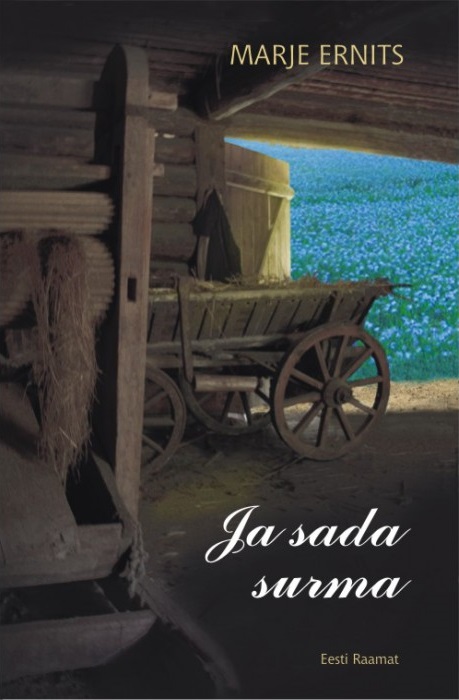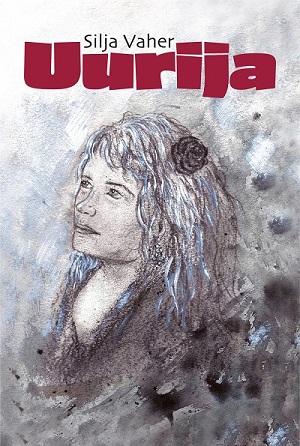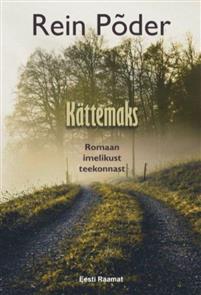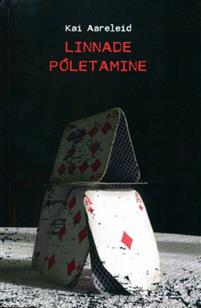Ja sada surma: Estonian 2017
Ja sada surma
15.95 £
Share
Wishlist
ISBN:
9789949596652
Publisher:
Eesti Raamat
Age Group:
Adult
Pages:
191
Weight:
212 g
Dimensions:
14 x 21 x 1.34 cm
Book Cover:
Paperback
In his thirty-year novel, South-Estonian writer Marje Ernits has dedicated the 100th anniversary of the Republic of Estonia to the title of a well-known poem by Lydia Koidula. The activity of the song takes place in the early years of the Estonian statehood, alternately in the city and in the nearby countryside.
After the death of an old host, Luige's farm son Lembit inherits, his sister Erna moving to the city. Erna, who is well educated at Tartu Girls' School, works as a confectioner and later goes to public employment. When his fiancé returns from Petrograd in 1918, the young people hope to marry, but the groom is in an accident and does not reach the altar. A young woman works diligently and, despite a serious illness, advances independently in life. Brother Lembit, however, is a full-time farmer, thinking of nothing but his farm, his land and his livestock, looking for a way to fulfill his dreams. Estonia's creation of its own state, the Peace Treaty in Tartu and the birth of a son inspire her to do something new to manage the farm, including starting profitable flax growing. The farm servant, who lost his father's farm in the war days, is helping to make exciting innovations.
The characters in the novel are good Estonian people who, through hard and diligent work, laid the foundation for the prosperity and survival of a young country.
more
In his thirty-year novel, South-Estonian writer Marje Ernits has dedicated the 100th anniversary of the Republic of Estonia to the title of a well-known poem by Lydia Koidula. The activity of the song takes place in the early years of the Estonian statehood, alternately in the city and in the nearby countryside.
After the death of an old host, Luige\'s farm son Lembit inherits, his sister Erna moving to the city. Erna, who is well educated at Tartu Girls\' School, works as a confectioner and later goes to public employment. When his fiancé returns from Petrograd in 1918, the young people hope to marry, but the groom is in an accident and does not reach the altar. A young woman works diligently and, despite a serious illness, advances independently in life. Brother Lembit, however, is a full-time farmer, thinking of nothing but his farm, his land and his livestock, looking for a way to fulfill his dreams. Estonia\'s creation of its own state, the Peace Treaty in Tartu and the birth of a son inspire her to do something new to manage the farm, including starting profitable flax growing. The farm servant, who lost his father\'s farm in the war days, is helping to make exciting innovations.
The characters in the novel are good Estonian people who, through hard and diligent work, laid the foundation for the prosperity and survival of a young country.
more








